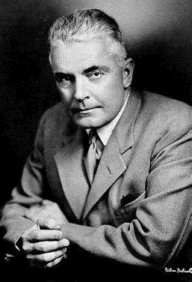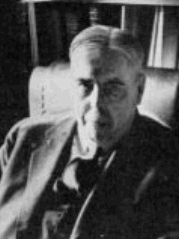Behavioral Psychology
The Dark Side of Celebrity Worship
We live in a society that is obsessed with celebrities. But if you have concerns that idolizing someone you’ve never met might not go hand-in-hand with good mental health, you could be on to something. People differ in the extent to which they care about celebrities. Research on the topic has consistently indicated that having…
Read MoreTeenagers Who Self-Harm, 20 Years Later
When mental health conditions appear during the teenage years, one of the most complex questions is what the long-term implications are. Some conditions tend to be life-long, but for behaviors like self-harm, it’s harder to know what to expect over the course of decades. Part of the reason our knowledge in this area is still…
Read MoreThe Health Benefits of Playfulness
All work and no play makes Jack a dull boy. It also makes him less healthy, less physically fit and less likely to lead an active life. That second part isn’t from the original proverb. Rather, it’s from a study published this month in the journal Frontiers in Psychology. In the study, researchers looked to…
Read More3 Reasons People Procrastinate at Bedtime
It’s possible to procrastinate on almost anything, and that includes going to sleep. You feel the urge to fit just one more activity in before you call it a night, and before you know it your bedtime is far behind you. To learn more about why people end up going to bed later than they…
Read MoreMale Attractiveness: Is It All in the Upper Body?
It’s one thing to judge someone’s attractiveness based only on their looks, without considering their personality or non-physical traits. But researchers from Australia and the United States went a step further: they took people’s faces out of the equation too. In a study published this month, they created what could best be described as Tinder…
Read MoreHow Social Media Influences Offline Behavior
What happens on Facebook stays on Facebook? Maybe not. Considering how much time we spend on social media, it makes sense that our online interactions could affect our behavior IRL. And researchers are increasingly finding that this is the case, for better and for worse. Let’s start with the “better.” A little online peer pressure…
Read MoreMedia Literacy: An Essential Twenty-First Century Skill
Here’s an idea you won’t here about in, well, the media: we should have media literacy classes in schools. Despite how much information we get from the media, we don’t talk much about how to critically evaluate the things we see on TV or read in the papers. But not helping students learn how to…
Read MoreJohn Watson
John Watson 1878 – 1958 John Watson is considered the father of behaviorism due to his opposition to the mainstream psychological view of the unconscious and psychoanalytic thought. To the behaviorist, the outward expression of the self is all that can be measured and therefore the only variable worthy of exploration. His lecture at Columbia…
Read MoreEdward Thorndike
Edward Thorndike 1874-1949 Edward Thorndike is best known for his work with animal research, spending the majority of his career at Teacher’s College, Columbia University. He is most famous for his ‘trial and error learning’ theory and advancements in learning theory, behaviorism and educational psychology.
Read MoreB. F. Skinner
B. F. Skinner 1904-1990 Burrhus Frederic Skinner was born in a small Pennsylvania town. His father was an attorney and his mother a housewife. His family life was described as old-fashioned and hard working. Skinner received his Bachelor’s degree in English in hopes of becoming a writer. He wrote for the school paper but saw…
Read More









